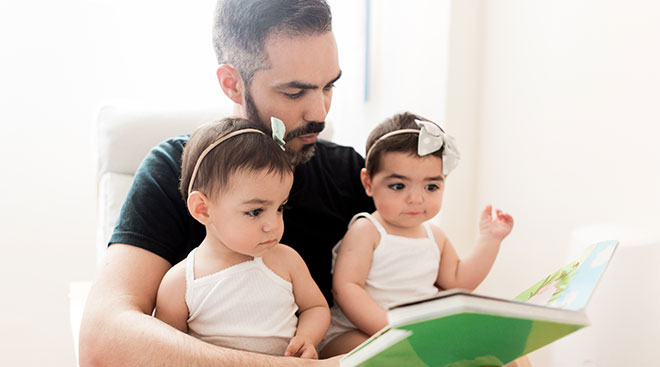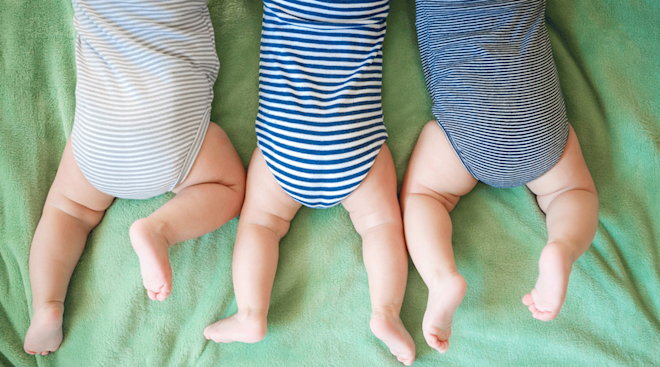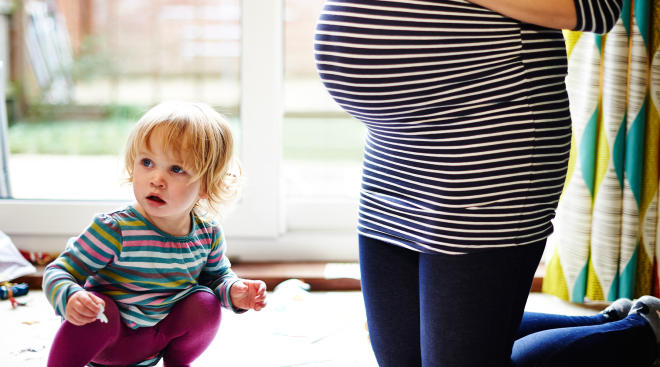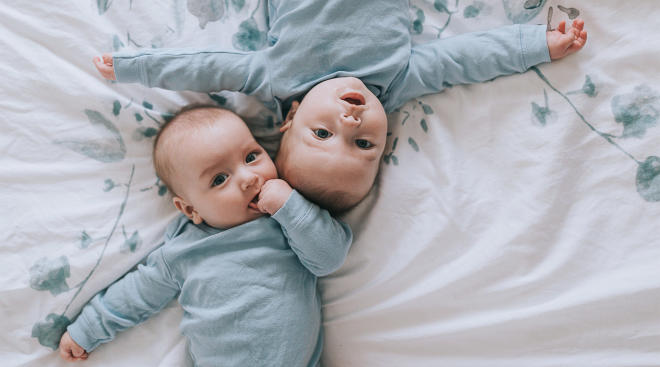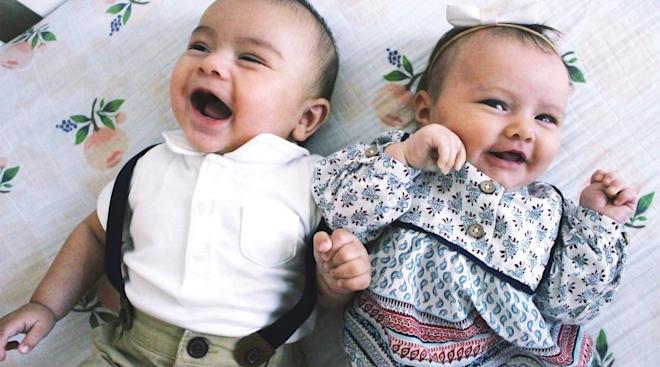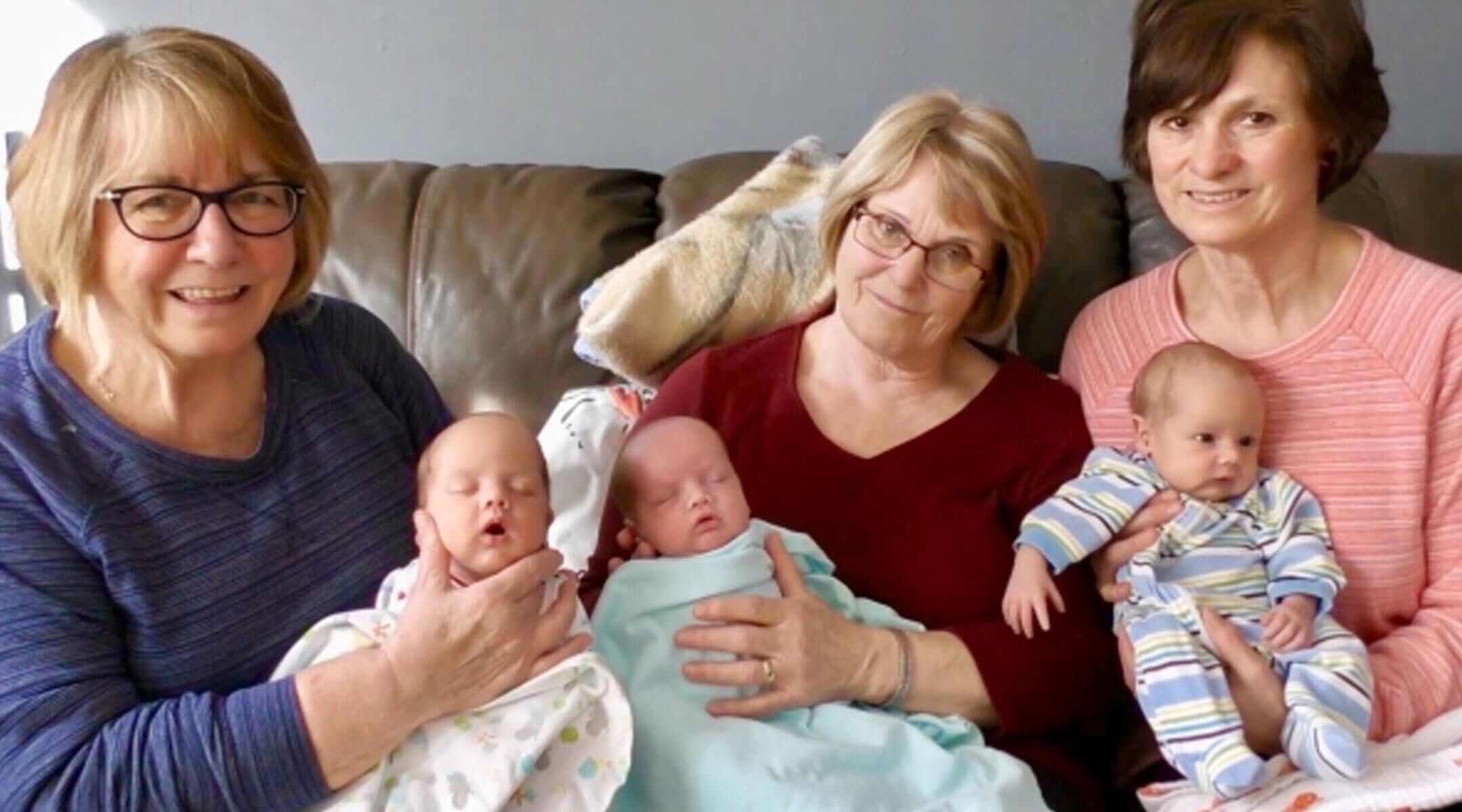Identical Twins Actually Aren’t Perfect Genetic Clones, Study Says
Identical twins may not be genetic clones, a small new study says.
The study, published in journal Nature Genetics on Thursday, January 7, came from scientists in Iceland who analyzed DNA from 387 pairs of identical twins, as well as DNA from their parents, kids and partners. In their study, they found early mutations that separate identical twins, Kari Stefansson, a geneticist at the University of Iceland and co-author of the study, explains in an article from AP.
Identical twins come from the same fertilized egg. Mutations are changes in the DNA sequence that occur during when a cell divides and makes a slight error in DNA replication. These mutations don’t signify good or bad changes and only make up a small section of each twin’s genetic code. However, they may influence things like physical features, like one twin being taller, or susceptibility to certain diseases. The researchers found that, on average, identical twins have 5.2 of these early genetic differences, while around 15 percent of identical twins have more. Some pairs of identical twins can even have up to 100 differences, Stefansson notes.
Before this study, many scientists believed that physical differences in identical twins were due to environmental factors and lifestyle behaviours, such as nutrition. While, a 2008 paper from The American Journal of Human Genetics did note some genetic differences in identical twins, the recent study takes it a step further by looking at DNA from parents, kids and partners of the twin pairs. In doing so, the researchers were able to see exactly when the genetic mutations occurred in not only the twins, but how it had been passed down to the twin’s kids. They were also able to spot mutations that happened before the embryo split in two to create twins.
According to Stefansson, his team found that in some identical twin pairs, a mutation was found in all cells of the body in one twin, but not at all in the other twin. “Sometimes the second twin may show the mutation in some cells, but not all cells,” he further explained.
While the study is a small one and more work is needed, experts are applauding the study. Jan Dumanski, a geneticist at Uppsala University in Sweden, was not involved in the study but feels it’s “a clear and important contribution” to medical research, AP reports. Nancy Segal, a psychologist who studies twins at California State University, Fullerton, also not involved in the study, told the outlet, “This will force scientists to refine our thinking about the influences of genetics and environment. Twins are very alike, but it is not a perfect similarity.”
Navigate forward to interact with the calendar and select a date. Press the question mark key to get the keyboard shortcuts for changing dates.

































